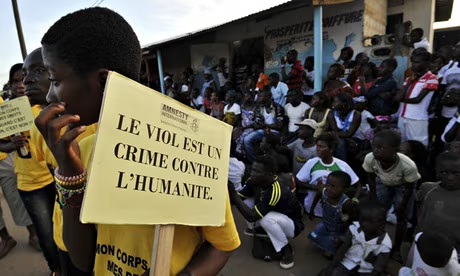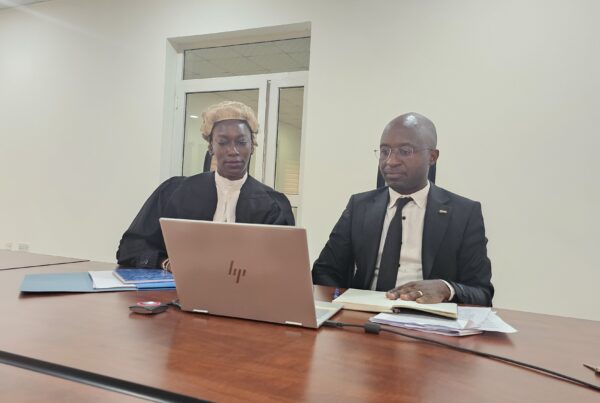In cases involving human rights violations and those involving the responsibility of the State, the first obstacle encountered by the complainant is bound to question whether he has standing. If the complainant has no standing to act, the complaint will be declared inadmissible. This is one element of the procedure, which over the years have influenced the substance of the law.
Most of the country’s legal tradition of common law have adopted the test of ‘sufficient interest’ (Sufficient interest) to determine the locus standi standing. However, some courts of these countries have limited the interpretation of the test of sufficient interest to plaintiffs who have a legitimate right (personal right). This interpretation limits access to justice and therefore share the responsibility of the government in several ways:
- Significantly reduces the number of plaintiffs may have standing;
- Creates a dependence on financial resources and professional skills of a few people or even one, for use in court. This is a limitation, even when the legal aid system is functional.
- The person standing will try to engage the appeal. This can lead to intimidation or corruption.
- A breach must necessarily have occurred, meaning that no action could be taken as a precaution.
From the above follows the submission of very few complaints against the state, regardless of motivation for proper administration, weak constitutional protection of economic policies and also unreliable because the difficulty of holding the State accountable for its actions do may fail to result in maladministration.
The tradition of the courts of common law have in recent years expanded the test of legitimate interest (Sufficient interest) to include:
- Relatives of the person whose rights have been violated;
- An association whose membership is the person whose rights have been violated or representing a number of complainants;
- The cause of action based on a collective right;
- theactiopopularis‘when the question raised by the complaint is related to the Constitution.
This broadening of the legitimate interest test encourages responsible behavior on the part of the state and taking into account the constitutional principles and avoids a flood of complaints. In addition, there has been a great expansion of the tradition of American law on the appearance as an amicus curiae (amicus curiae) as a means to address multiple aspects of wrongful conduct of the administration without to submit multiple complaints. This enlargement is also an effective mechanism to prevent violations of human rights.
8 and 9 October 2001, the IHRDA organized a symposium to discuss these changes observed in recent years in implementing the principles of locus standi and attract the attention of practitioners on the importance of this aspect of procedural human right. The symposium was attended by staff of the judiciary and the Bar Association of the Gambia without forgetting other interested individuals from Kenya, Tanzania, Nigeria and Sudan.
In the ranks of the guests was a rich representation of African courts: Justice Hassan Jallow (Gambia Supreme Court), Judge KE Amua-Seki (Court of Appeal of Ghana), Judge Niki Tobi (Court of Appeal of Nigeria) , Judge George Gwanmesia (Supreme Court of Cameroon) and Justice Mam Yassin Sey (High Court of the Gambia).
Themes
- The importance of locus standi
- and access to justice
- The experience of Rauyaume Kingdom [ (2) (1994)]
- and remedies against the state – the Gambian experience [C
- Locus standi in Ghana [) GLR 637 CA]
- in Nigerian law and practice [FederalRepublic of Nigeria and Anor [1981] 2 NCLR]
- Locus standi in the implementation of human rights
- Locus standi in cases related to violations of human rights: Ghanaian court practice [Case note: Sam (No.2) v. Attorney-General (2000); Tuffour v. Attorney-General; Edusei v. Attorney-General]
- Locus standi in the Nigerian law and practice [Case Note: Senator Adesanya v. President, FederalRepublic of Nigeria and Anor [1981] 2 NCLR; Olawoyin v. Attorney-General of the Northern Region [1961] 1 All NR; [1987] 4 NWLR]
- Locus standi in cases related to violations of human rights in Gambia [
- Implementation of human rights in Cameroon [
-
Tags:
Gambie





